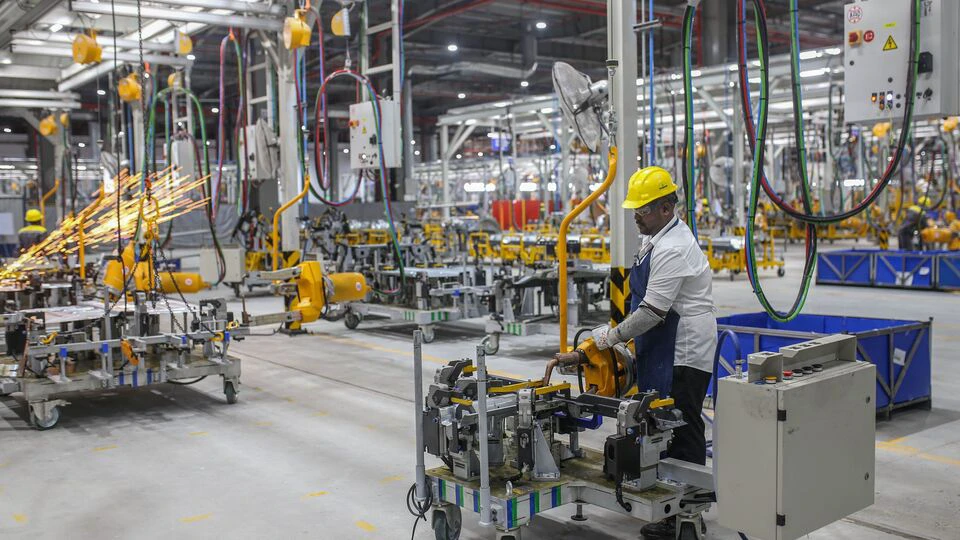The Centre has approved Cummins Technologies India Pvt. Ltd’s device that cuts nitrous oxide emissions for production-linked incentives, according to data published on the scheme’s official portal.
The production-linked incentive (PLI) scheme for automobiles and auto components, or PLI-Auto Scheme, aims to disburse incentives worth ₹25,938 crore over five years from 2024-25 to 2028-29.
Cummins’ urea dosing and supply module, meant for diesel engines compliant with India’s BS-VI emissions norms, received the nod for the financial support on 25 August, the portal showed.
The device is commonly used in heavy-duty trucks, a segment currently being targeted to cut road transport emissions. Although trucking makes up only about 3% of all vehicles in the country, it is responsible for about a third of the total carbon dioxide emissions.
Cummins India did not respond to Mint‘s email query seeking more information.
To be clear, the scheme aims to give incentives to advanced automotive technologies or components that can reduce vehicular emissions.
Earlier, the government also approved PLI support for engine management systems, which can reduce carbon dioxide emissions by 16-20%, compared with older carburettor-based engines, helping automakers meet stringent environmental norms such as BS-VI.
The recently notified ₹10,900 crore PM E-Drive Scheme for electric trucks promotes zero-emission trucking and calls for scrapping diesel-guzzling trucks.
Also, the Centre’s draft constant speed fuel consumption norms have capped goods carrier emissions and will be implemented in April 2027.
Amid a focus on reducing emissions from carbon-heavy sectors in the economy, such as cement, steel, and logistics, among others, the government has also started working on biofuel blending in diesel to reduce emissions and crude oil imports, given that biofuels are made from agricultural waste products.
Experts suggested that advanced automotive technologies, such as those components approved under the PLI scheme, were not manufactured in India. Once domestic manufacturing capacity had been built, these components would be incentivized under the scheme.
The government’s approval for PLI sops includes stringent localization criteria to strengthen the domestic manufacturing capacity, aligning with the country’s broad policy goals of self-reliance.
As of date, 18 companies have received approvals for PLIs under the PLI-Auto Scheme, against 82 shortlisted firms.
Mint earlier reported that stringent localization and revenue criteria had kept companies from availing the scheme.
As a result, the scheme, which doles out incentives as a 13-18% share of marginal sales, only gave ₹322 crore as incentives in its first year. The government, however, expects at least nine companies to claim about ₹2,000 crore in incentives in 2025-26, Union heavy industries and steel minister H.D. Kumaraswamy told Mint in an interview.
